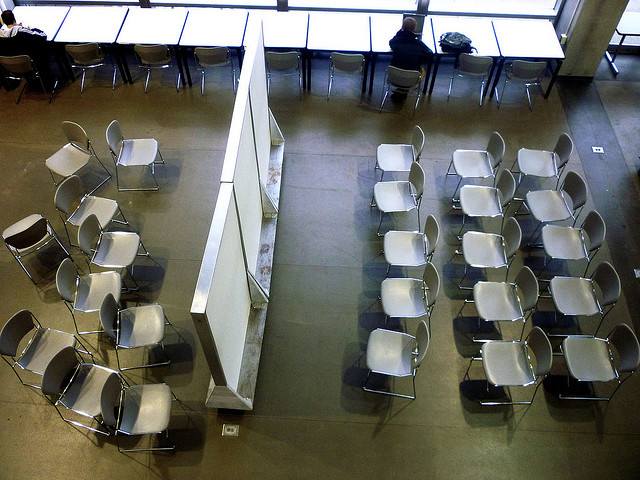Digital divide - Wikipedia, the free encyclopedia
The Digital Divide refers to any inequalities between groups, broadly construed, . the others should be controlled for in order to eliminate interaction effects or . but these explanations are meant to stand as general trends, not direct causes. . of social and cultural capital and achieve mass economic gains in productivity.
http://en.wikipedia.org/wiki/Digital_divide
Digital Divide
This perception based on the cause-effect relationship veils the dynamic and dialectical relationship between the digital divide and other social gaps. It is often .
http://vecam.org/article549.html
7 Whither the Digital Divide?
portant questions. First, is lack of ICT access a cause or effect of poverty or other measures of social exclusion? Second, what does it really mean to have access .
http://gse.uci.edu/person/warschauer_m/docs/whither.pdf
 Full Range of Investment Choices
Full Range of Investment Choices The Causes and Trends of the Digital Divide
gies were expected to overcome geographical and social barri- ers (Graham, 2002); the Internet . There is a large body of literature on the digital divide and its causes and trends. . found effect on the adoption and use of technology. Studies .
http://www.lse.ac.uk/collections/informationSystems/iSChannel/iSChannel2006/Sahay_2006.pdf
 The Ultimate Mobile Trading App
The Ultimate Mobile Trading App Sociology: What Divides Us: Stratification
Social and Global Stratification. What Divides Us: Stratification; Types of Social Classes of People · Social Mobility · Causes and Effects of Poverty. Race and .
http://www.cliffsnotes.com/study_guide/What-Divides-Us-Stratification.topicArticleId-26957,articleId-26879.html
 Will You Have Enough to
Will You Have Enough to Retire?
Urbanization During the Industrial Revolution
Apr 6, 2010 . Read on to know the effects of urbanization and industrialization on the . Urbanization during the industrial revolution, brought many changes in the social, . of air and water pollution, caused by the tremendous rise in population. . This led to a class divide, where the workers in the factories became the .
http://www.buzzle.com/articles/urbanization-during-the-industrial-revolution.html


